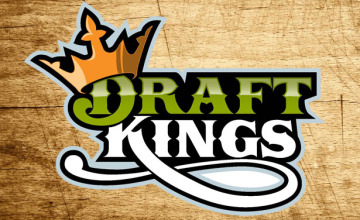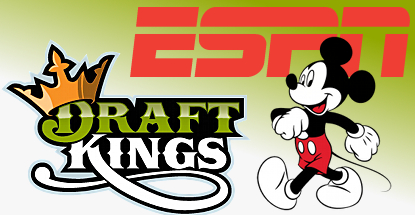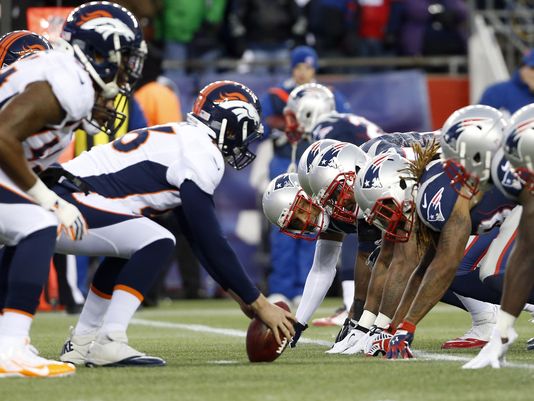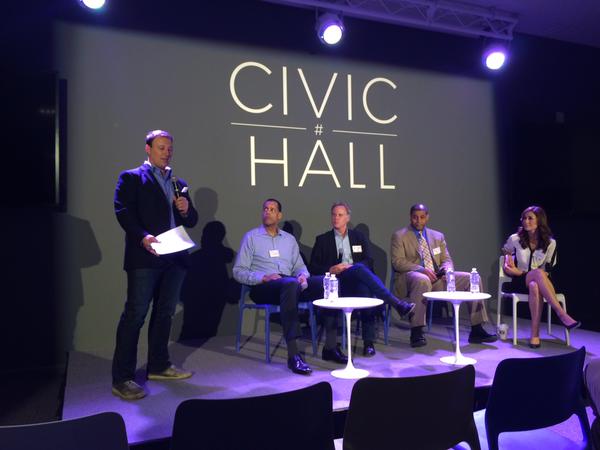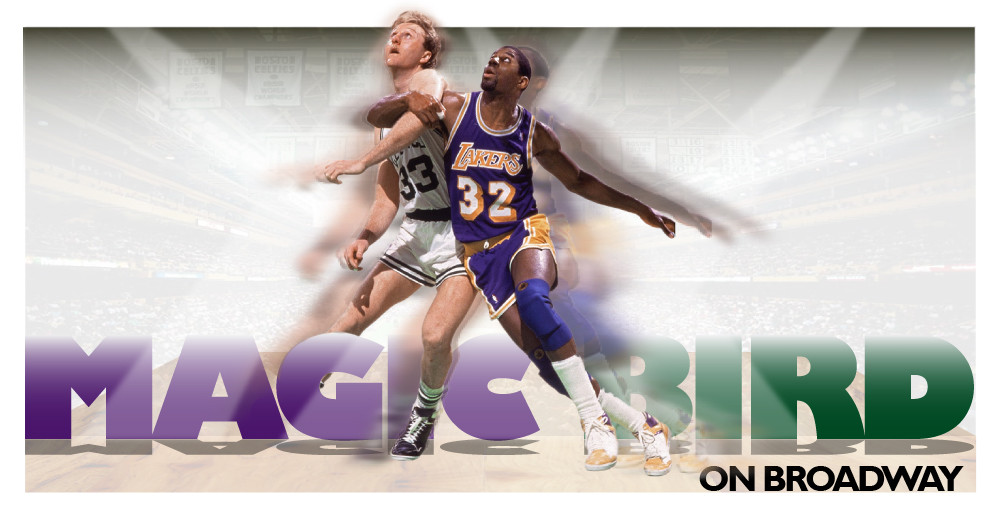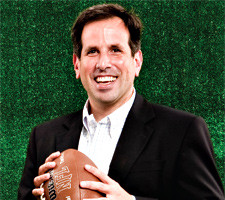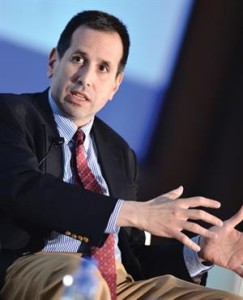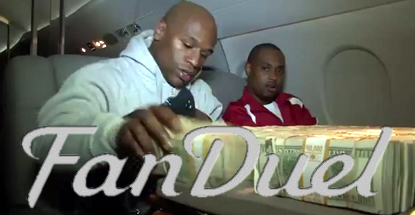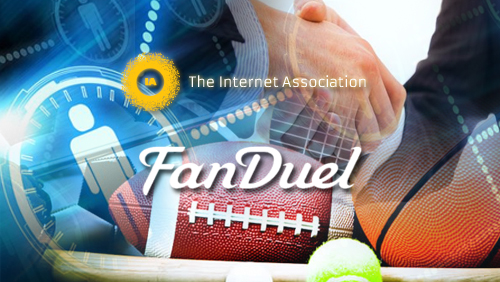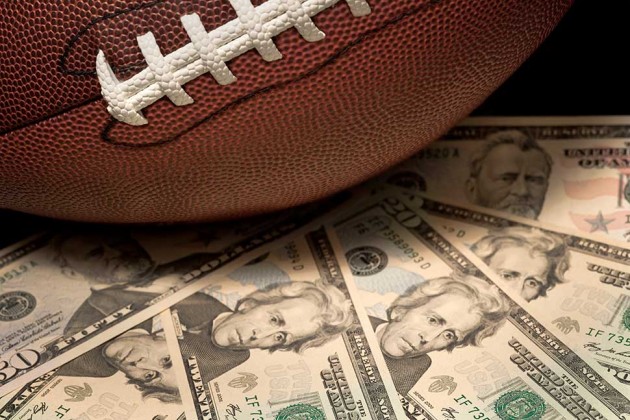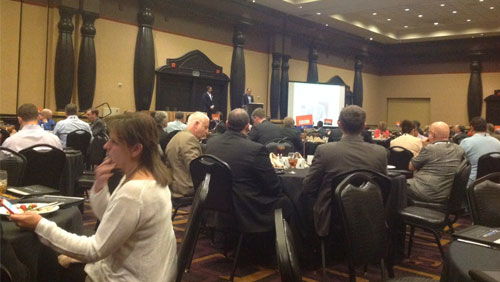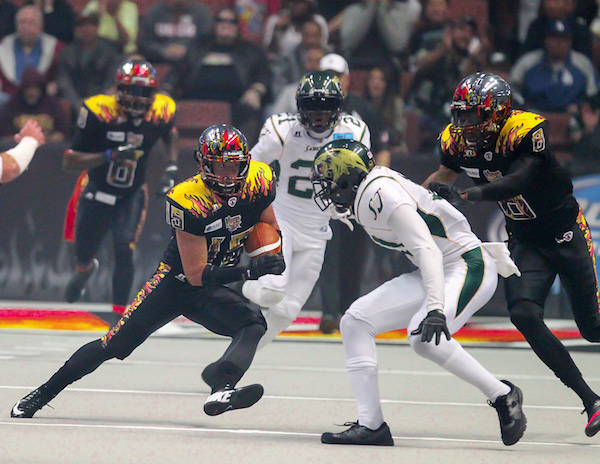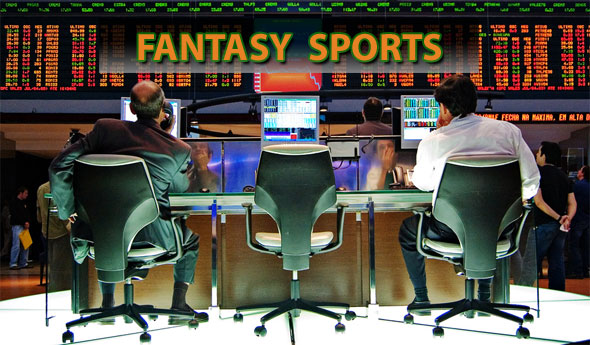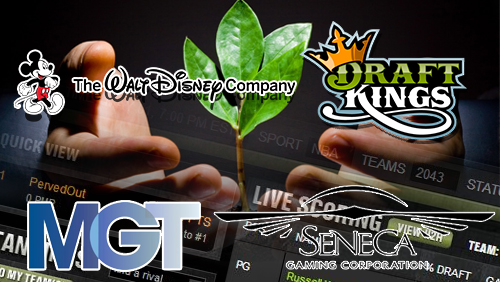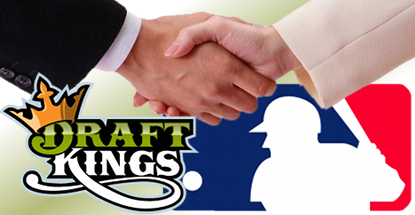By TERRY LYONS @terrylyons Contributing Columnist for @TheDailyPayoff
It started with the very best of intentions.
But as with so many major (or minor) vices in life, it quickly grew into an obsession. The weekly NFL Fantasy League, a competition involving a bunch of writers in the Dallas-Fort Worth area and a few PR gurus in Dallas, LA and New York, morphed into a full-blown NBA Fantasy Sports League.
The year was 1983 and in a Boston Globe column, Celtics forward Larry Bird casually described the way he determined how impactful every player’s statistics were on a nightly basis as he tried to figure out a way to compete against his nemesis Earvin “Magic” Johnson despite the fact they only saw each other twice a season. Bird added the “positive” stats – points, rebounds, assists, blocked shots and steals then subtracted the “negative” stats – missed field goals and free throws, turnovers and personal fouls.
Little did he know at the time, but Bird had created the best possible formula for an NBA fantasy sports game. At a later date, it was determined that some personal fouls might actually be a “positive” occurrence, so that stat was banished from the equation and “The Larry Bird League” was officially created.
To protect his innocence, I will leave-out the name of the commissioner and mastermind of the Larry Bird League, but suffice to say, he was (and still is) one of the best writer-reporters the NBA beat has ever seen. He went to the lengths of actually having Larry Bird draw the order of the league draft nearly every year, usually at an NBA preseason tilt in Hartford, CT or Springfield, MA. In one instance, maybe in 1986 or ’87, while the Larry Bird League commissioner was busy conducting the annual draft while covering games on the east coast, one of the Bird League franchise owners was at The Fabulous Forum in LA, covering Magic Johnson and the LA Lakers.
That rival Bird League team owner met-up with the one and only Magic Johnson for a pregame interview, some 12-24 hours after that year’s fantasy draft had been conducted, and he explained the situation to the Magic Man.
“I got you with the fifth overall pick,” he told Johnson.
“Fifth?” Magic questioned, his competitive instincts surfacing.
The writer had to explain that in the Bird League you had to fill out a line-up based by position, and the top centers were a hot commodity and were often first-round picks. centers like Hakeem Olajuwon and Patrick Ewing were always gobbled-up early.
“Oh, okay,” said Magic, still not quite understanding the concept of fantasy sports.
Then, as only Magic Johnson could put it, complete with that friendly smile, “So? Who we got?”
That was the end of innocence in our world of fantasy sports.
Fast-forward to the 1992 Olympic Games in Barcelona, the year the one and only USA Basketball Dream Team was to prove they were the best team ever assembled in any sport. Ever.
One or two nights before the opening ceremonies were to take place, the esteemed commissioner of the Larry Bird League, on assignment to cover the Olympic Games, had managed a feat almost as difficult to obtain as a gold medal in the Decathlon. The commish obtained admission into one of the most secure locales on the planet, outside of the Situation Room in The White House. He was in the lobby of the Hotel Ambassador, just a few steps off the Ramblas in Barcelona. It was the hotel headquarters for the Dream Team.
It was early in the evening and the order of the draft needed to be determined because the actual draft would be taking place only hours later at 7 Portes seafood restaurant in Barcelona. Not all the regulars of the usual NBA Bird League were on hand, but a few others eagerly snapped up the expansion franchises, because we needed all fantasy team owners to be on hand for a live draft to be conducted over dinner, on – probably – the last night of the Olympics we’d actually have a decent dinner, aside from fast food gorging or a press room “Jamon and cheese.”
The lobby of the Dream Team hotel in Barcelona was pretty small, as the Hotel Ambassador was designed to be a small, commuter hotel, not much different than a Marriott Courtyard or Holiday Inn Express. The rooms were rather small and the lobby bar had only six or eight chairs. On the night of our draft, Bird sat at one of them, on the far right side, chatting with a few of his buddies who accompanied him on the trip. They were going to take in an Olympic baseball game and bird had a USA Basketball hat on, as he always did.
I had my back to Bird and we were excitedly planning for the upcoming draft, gathering all team rosters and making sets so each franchise owner would be able to draft later that night. Of course, we were also strategizing a bit, noting that the USA players, many who would only play 15-20 minutes per night, might go in the second or third round.
Suffice to say we were totally ignoring Bird and his small entourage and we thought he was ignoring us.
The commissioner of our league had scribbled out the numbers – 1-through-8 – on little pieces of paper and he crumpled them up into tiny pieces.
Now, the important part!
Not a single word was said.
I turned around, pivoting, so-to-say, on the great Larry Bird, who proceeded to remove his cap and hold it out as he rolled his eyes and shook his head just slightly.
The Bird Commissioner reached over, past me, and tossed the tiny papers into the baseball hat. Bird handed me the cap and I raised it as high as I could so Larry had to reach up to pick the papers – one at a time – out of the cap, thus determining the order of our draft.
Upon Bird selecting the seventh team, I brought the cap down to eye level and we all observed the one piece of paper left in the cap.
I grabbed the paper, unfurling it as I did, and Bird promptly placed the cap back where it belonged – on his scruffy, blond locks.
We went back to our business and Larry returned to his cold cervaza San Miguel on the bar and continued his conversation with his two friends.
Bird knew the routine.
Now, the reason for that interesting intro is simple. Our basic fantasy NFL league had become the prototype for an NBA fantasy sports game and that morphed into the Olympic Games basketball version where Puerto Rico’s leading scorer Jose Ortiz or Australia’s Andrew Gaze were pure gold, in fantasy terms. Brazil’s Oscar Schmidt, now a Hall of Famer, was another fantasy juggernaut and so was the late Drazen Petrovic or his Croatian teammate Tony Kukoc, although Michael Jordan and Scottie Pippen shut Kukoc down mightily in the two games against the USA. Charles Barkley of the USA was the most valuable American player, as he led the team in scoring and I remember being happy with “a couple top Argentines” drafted in the middle rounds.
Fast-forward two years to the 1994 World Championship of Basketball, held in Toronto, and one of our colleagues, who had attended the 1990 World Championship and ’92 Olympics and had a keen fantasy mind, drafted Richard Matienzo, the top Cuban player in our “WCOB” Bird League. Matienzo was Cuba’s leading scorer and rebounder, but he failed to show up to the team’s August 11, 1994, game against Germany. He had defected.
“He left the hotel Wednesday night with his friends but he hasn’t come back,” said Cuba’s head coach Miguel Calderon Gomez to The New York Times, refusing to speculate as to the whereabouts of his player.
In the cold, cruel world of fantasy, where the previously productive player would now be getting giant goose-eggs on a nightly basis, we applied the “Doug Moe Rule,” which quite simply was “Tough Shit.”
With the foundation laid solidly, our group expanded our fantasy borders to all types of competition. If it worked for the NFL, the NBA and the Olympics, it surely worked for NBA Summer League, correct?
Yes, some of the writers actually held a Midwest Rookie Revue Bird League one summer. And, that was not the most far-fetch fantasy league we conducted. There were impromptu leagues for ice hockey at the Nagano Olympics, there were team-based games for World Cup soccer, there were single night fantasy games for the annual NBA All-Star Game and The Finals. There were great Ryder Cup golf leagues, MLB All-Star leagues and Kentucky Derby Fantasy leagues. You name it, we did it.
The most ridiculous?
One winter night while attending a women’s corporate basketball game in Manhattan where some of the NBA Entertainment staffers were competing, and two of the longtime members of the Larry Bird League were in attendance, so we quickly scratched out the roster numbers of the players on the two teams.
Let’s just say, I remember I won because I had attended a few games before the Rec league game that night, scouting the players, of course. So, I can now confess, and thank star NBAE power forward-center Kathleen Reidy who always put up a double-double.

